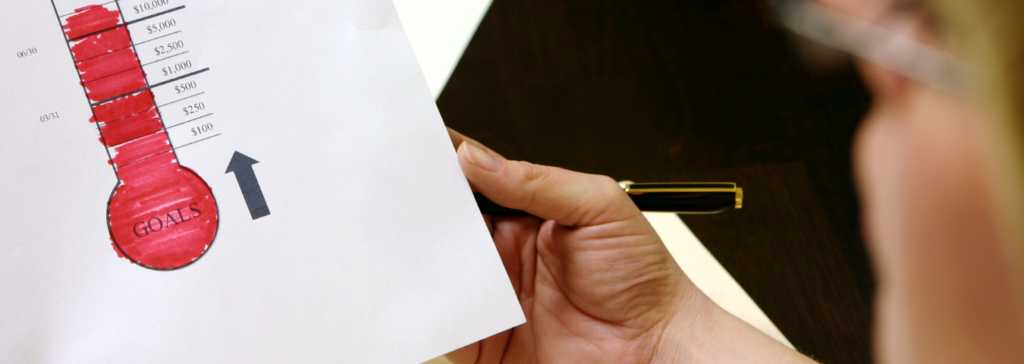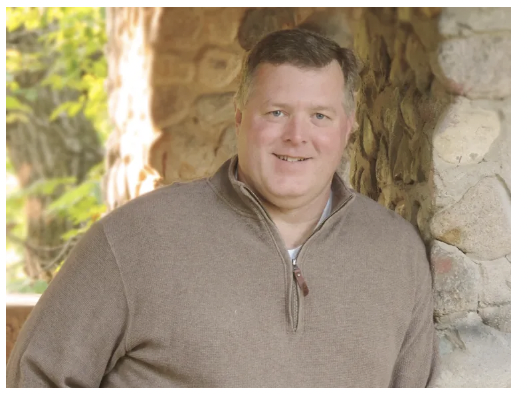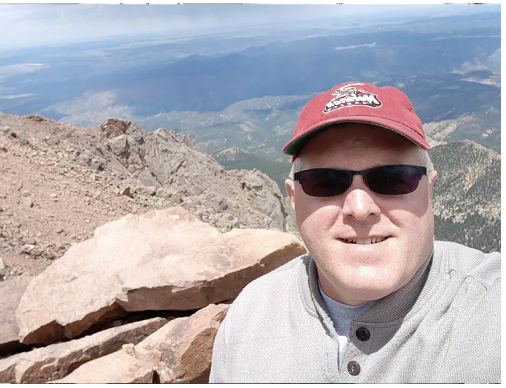Fundraising Tips From the Experts

Fundraising Tips From the Experts

Fundraising in a camp setting is often over thought or even feared. The idea of asking someone for money can be very intimidating for camp pros that haven’t done it before or have the wrong idea of how fundraising works. I often hear, “That won’t work here” or “we don’t have big donors” and of course “I’m just not comfortable asking people for money”. These are normal responses for a camp pro getting started. And with a little front work and training, we easily get past most of those concerns. Let’s start with a few basic ideas to help out.
- You are not asking for money. This is an important piece to remember. You are doing your job, and representing your camp – which is asking for money. The money is not for you. It’s for campers at your camp. You are representing the organization making the ask. I know this seems like an obvious statement, but it is often a hurdle we need to get over.
- Fundraising is simply relationship building and storytelling – camp pros are great at building relationships and telling stories. You have interpersonal skills already, we just need to apply them to a different path than what is maybe your normal practice.
- A case statement is a great place to start. Creating a case statement is where your story begins being told. What is your fundraising goal and why? Why is it important and how does it make life better? Why is this worthy of me sharing my time, talent and treasures towards? Answer these questions and build your case for support. Then use those storytelling skills and your graphic design people to lay out that story in a way people will connect to.
- Understand your goal and make a plan. How many donors do you need at each level of your campaign to reach your goal? What is the breakdown? A simple internet search will help you find a template for a gift range chart. Enter your total goal and the template will do the math. They may vary a little, but you will see a breakdown of the number of gifts at each level, and how many prospects you will need at each level to achieve those gifts. Remember – this is simply a guideline to help you understand your goal and prospects needed – it is not a rule. Some donors may give more, others less and your situation will adjust based on your people. But this is a great place to start.
- Identify your prospects and who is best to make the ask. Using your template, meet with other members of your campaign team. Your campaign team should be made of volunteer board members, lead donors and others. Brainstorm names of prospective donors that may fall into each category and discuss if anyone at the table has a strong relationship with the prospect and would be best to ask. Also discuss how well prepared the prospect is to make a gift. Are they currently connected with camp? Are they engaged?
- Camper families and alumni are great prospects. Creating a list of camper families, based on how many years they have been sending kids to camp is a great place to start. Family campers and alumni should also be on the list. Hiring a company to help perform a wealth study may help you identify prospects at all levels and is relatively inexpensive. Combine the data from the study with what you know and how well you know the prospect and add them to your database of potential asks accordingly.
- Have a system in place to receive gifts, create receipts and say thank you. Does your camp management software track fundraising campaigns? If not, there are programs that you could buy that do. Create a simple pledge sheet, forecast your cash needs and develop a plan for good record keeping. Camp pros are great at organizing – again, you have the skills, they just need to be used in a different application.
- Don’t wait for the ask to spend time with prospects – invest in people and communicate. Building relationships is the most important part of successful fundraising and where camps often fall short. Don’t only spend time or visit with a donor when you are asking for something. Nobody likes a friend that makes you feel used. Spend time developing the relationship. Go out for lunch, invite them to camp for a campfire, get to know them first as a friend, not a prospect donor. Who are the people that you would have sat with you around a campfire? Build relationships so that your donors become those people, don’t let them sit in the dark and watch until they are needed. You don’t need to know how to make friends, you literally are a professional friend maker – you just need to be intentional on setting the time aside to invest in those relationships. It may take months or years to build those relationships, but both you and your camp will be better for it.
- Always ask in person if you can. It’s easier and more effective to tell your story in person. Remember, you are a storyteller – your case statement is the beginning of your story. Include personal stories and experiences, and encourage to hear their camp stories. You are always better listening than talking when trying to connect a prospect to a cause. Listen, share and connect. Let the case statement do it’s thing and then make an ask.
- Ask permission to ask. It’s simple – ask the prospect if it would be ok to talk to them about a project and a possible way for them to support that project. It will take the pressure off you making the ask and it sets the expectations early that you are there to ask for help.
- Be thankful. Whatever the result – be thankful and appreciate their consideration and friendship. Find fun ways to show appreciation – be sure people know how important they are to your camp and to you. Not everyone wants public recognition, but everyone should receive your and the camp’s gratitude.
Each of these topics could be a blog in itself – and we certainly did not dive deep into any one topic. But here is the take away I really want you to understand. You CAN do this, it is not scary if you understand it and have a plan. Have a good case statement, invest in people and have a plan.
Thank you Dave for being our Guest Blogger!

Dave Sherry, Founder, Fundraising Consultant, Operational Consultant
Ps. Are you using our fundraising module yet? Give it a look to learn more…….